ABOUT US
Japan Intercultural Intelligence (JII) is an organization with the vision to realize “cultural synergy” through fostering diversity.
What is “Cultural Synergy”?
“Cultural synergy” means: when people have an appreciation for other cultures while maintaining appreciation for their own culture; when people of different backgrounds in the same community live comfortably with one another as “good neighbors”; and when new social culture and values are created in society as a result of different cultures meeting one another.
We Won’t Leave Them Unnoticed
We are seeing an increasing number of foreign nationals living in Japan every year.
However, foreign residents that come to live in this country encounter various challenges: while getting adjusted to the Japanese language, customs, social and legal systems, and lifestyle, they are also faced with the issues of lacking the information they need to adapt to their life here and feeling isolated. It is not uncommon for foreign residents to feel worried or concerned about their life in Japan.
Yet, it is not easy for them to access municipal or social services, or useful daily living information. Even if they have questions or troubles, reliable services available to foreign residents are limited, which also makes it difficult for them to interact with residents of the local community.
JII offers various services to support foreign residents adapt to the Japanese society smoothly and to facilitate mutual cultural understanding between foreign and local residents.

The Importance of Understanding Other Cultures
Whether we are aware of it or not, we already encounter different cultures in many aspects of our daily lives.
Japan has a wonderful culture and so do many countries around the world. When cultures meet, it creates the potential to generate new values that a single culture cannot create by itself.
We do not always consciously think about our own culture. But, when we come across opportunities to know other cultures, we get a fresh view on our own culture and at the same time, recognize the importance of understanding other people’s cultural backgrounds.
What we need in today’s world is to be more sensitive towards other cultures.
JII aims to generate new creative values by combining the abilities, sensibilities, and ideas that are unique to people of various cultures.
What We Want to Accomplish
Foreign residents are new members of the Japanese society.
We sincerely hope that foreign residents will join to add richness, energy, and creativity to the Japanese society by smoothly adapting to the local community, not just to foreign communities.
JII will make every effort to take necessary actions, no matter how small each action may be, in order to accomplish our goal.
Our Principles
We aim to realize our goal based on the following three principles:
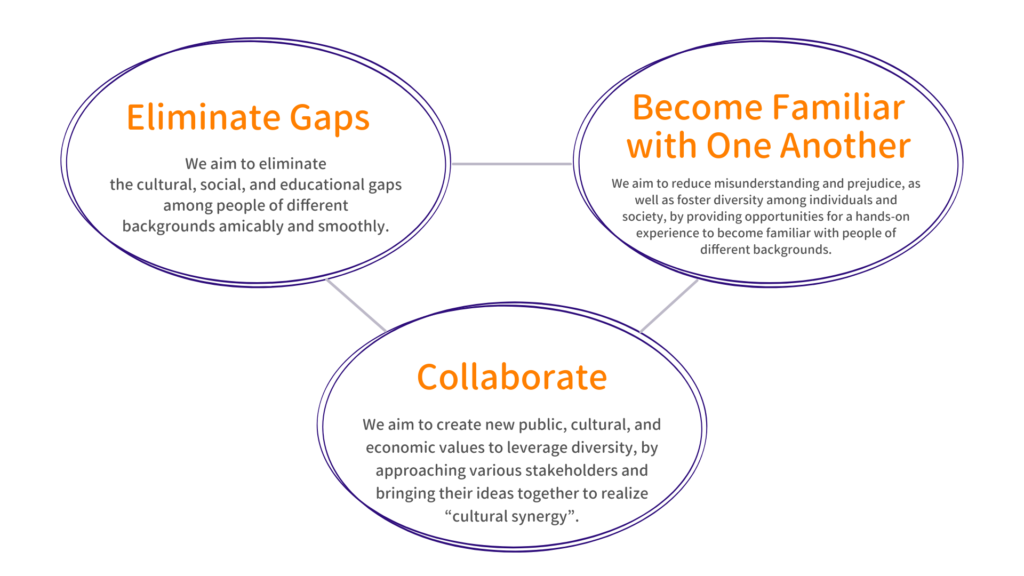
Organization Profile
Message from the Chief Director
Today, we are seeing more opportunities to live and work with people of different cultural backgrounds. Many foreign nationals are deciding to settle down in Japan, which has enriched this country not just economically, but also socially and culturally.
But, no matter how familiar foreign residents become with Japan, they might not yet know things that are common knowledge to the locals. Lacking that bit of information may cause misunderstandings and good intentions may take a wrong turn. As a result, what should be an enjoyable cultural exchange could lead to unexpected problems, which would inhibit both foreign and local residents from having mutually enriching experiences.
Of course, this is a phenomenon that can be observed not only in Japan, but in other countries as well. It seems to be a trend in many countries across the globe where a slight misunderstanding can lead to prejudice and discrimination. It is unfortunate and heartbreaking to see people hurt each other when they could potentially be good neighbors. The Japan Intercultural Intelligence (JII) was established by Ms. Miao Yang with an aspiration to overcome each other’s differences by effectively communicating with one another in the local community or in the workplace. New members are joining the organization every year and the “Otonari-san Family Friend Program”, a new service which was launched last year, continues to be enhanced.
The condition for becoming a member of JII is simple: if you want to join as a volunteer, you must have lived in Japan; and if you want to join as a member, you must want to enjoy living with the Japanese people.
Come join us! Through enjoying building relationships on a local level, we can contribute to enhancing Japan’s reputation globally and to making the world a better place to live. Let’s work together to make this dreams come true.
Chief Director
Norihiko Ishikawa
Introduction of Directors
Chief Director – Ishikawa Norihiko
Pediatric Neuropsychiatrist
Mr. Ishikawa is a graduate of the University of Tokyo’s Faculty of Medicine. He has worked in the Department of Pediatrics and the Department of Neuropsychiatry at The University of Tokyo Hospital and also as a visiting research fellow at the University of Malta, a professor of Shizuoka University, and the head of Rinshi no Mori Clinic in Tokyo, before taking up his current position as a psychiatrist at the clinic since 2018.
He has also served as Director of The Japanese Society for Child and Adolescent Psychiatry, an advisor to NHK radio shows concerning children’s mental health and education and is currently an editorial member of the parenting magazine “Chi O”.
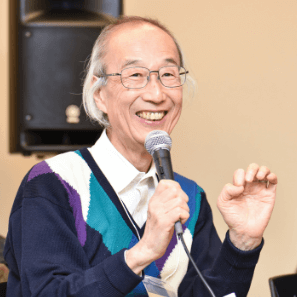
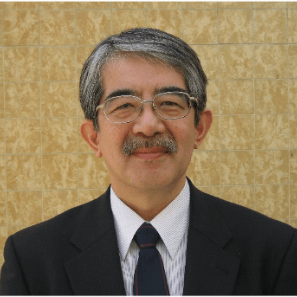
Yasuhide Nakamura – Director
Professor of Konan Women’s University; Professor Emeritus of Osaka University
Dr. Nakamura has long worked on the frontlines in the global healthcare field, including Indonesia and Pakistan. He has promoted the use of the Maternal and Child Health Handbook in many countries. He currently serves as a committee member of the International Pediatric Association and president of Friends of WHO JAPAN. Wherever he goes in the world, he enjoys working with kids the most.
Chisa Tabata – Director
Lawyer
Ms. Tabata is a member of the Tokyo Bar Association and the Representative Lawyer of Mother Bird Law Firm. She has worked at Partners Law Firm in Tokyo, as well as Siam City Law Offices in Bangkok, Thailand, before establishing Mother Bird Law Firm.
She also takes up a part-time role as a child consultation lawyer at Tokyo Child Guidance Office, Toshima City Children and Family Support Center, and Nerima City Children and Family Support Center. She is a mother of three children.
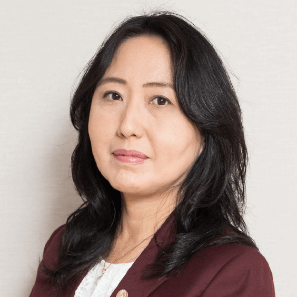
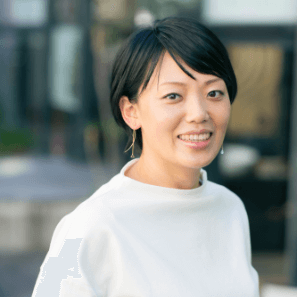
Miao Yang – Director and Head of Administrative Office
Founder of Japan Intercultural Intelligence; Cultural Exchange Coordinator
After graduating from university with a degree in psychology, Ms. Yang worked as a member of the administrative team and an interpreter at various international conferences to facilitate political, economic, and cultural relations between Japan and China. She has also worked at a human resource consulting firm providing services for Japanese corporations and was appointed a managerial role at its overseas affiliate. Ms. Yang founded Japan Intercultural Intelligence in 2010, which she established to support foreign nationals living in Japan. She is a mother of two children.
Media Inquiries
JII was established with the aim to realize “cultural synergy” by fully leveraging diversity.
By supporting foreign residents in Japan through many aspects, not only do we aim to make Japan a comfortable place to live for both foreign and local residents, but also to create new ways for a group of diverse people to live together and to shape new values that would not be created with a single culture.
We would like many people to know about our philosophy and the work we do. Our goal is to help design a community for all residents, not just foreign residents; we also encourage local Japanese residents who have interest in our work to join us in creating opportunities to deepen mutual cultural understanding.
We welcome media inquiries and would like to cooperate with media coverages as much as possible. Please note, however, that depending on the purpose of the coverage, we may not be able to meet certain requests.
